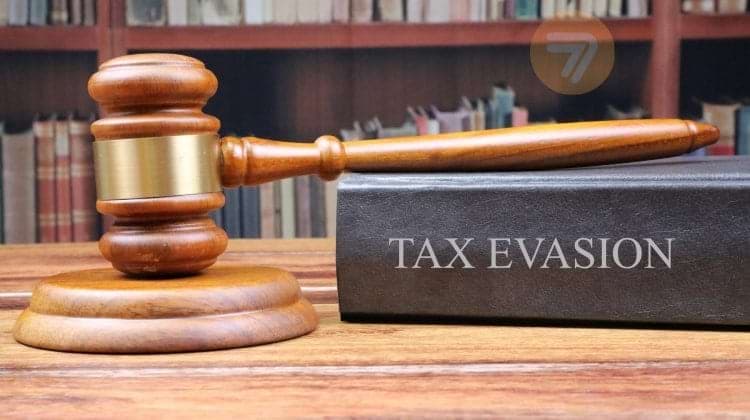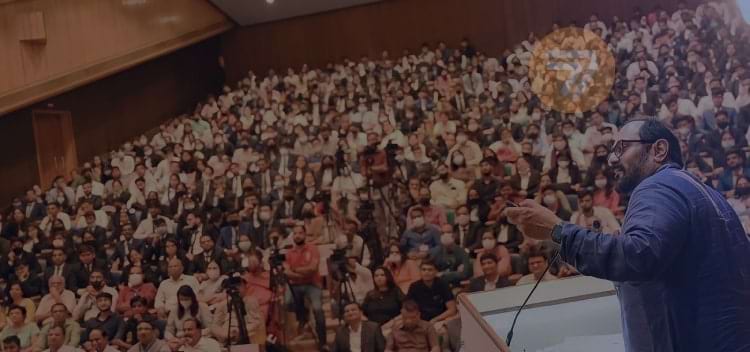India to Lay Foundations for a Responsible Gaming Policy
13 Mar 2024
Center Goes for Research-Based Approach Backed by Academia
After it became clear that it would not be private Self Regulatory Organisations (SROs) that would frame the national policies for protecting vulnerable consumers from online gaming-related risks and harms, and an intervention by the Prime Minister’s office brought developments on the gaming regulatory front to a temporary halt for a period of reconsideration, Indian Central Authorities have taken the long path to elaborating a responsible gaming regulatory framework in partnership with academia based on solid scientific research and hard data.
The Department of Consumer Affairs (DoCA), one of the two Departments under the Ministry of Consumer Affairs, Food & Public Distribution, announced last week a joint initiative with the Bengaluru-based National Institute of Mental Health and Neuro Sciences (NIMHANS) “to undertake research on the disruptive impulse control behavioural patterns of online gaming that may cause vulnerabilities.”
“The aim is to build a predictive and pre-emptive model for the protection of the growing number of digital consumers on the internet of the online gaming,” the statement circulated by DoCA read.
“The findings of the research to provide policy inputs for framing of the Guidelines for protecting the consumers in online gaming. The Report would also help the industry on their behaviour to ensure optimum use of technology to minimise the risk,” the announcement specified.
Government-Academia Partnership for Responsible Gaming
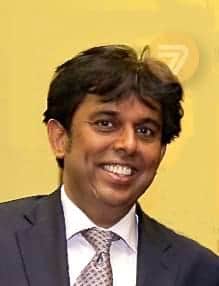
The government-academia partnership initiative for responsible gaming online was announced after a meeting chaired by Consumer Affairs Secretary Rohit Kumar Singh and attended by DoCA Joint Secretary Anupam Mishra, as well as NIMHANS Director Dr. Pratima Murthy, and Dr. Manoj Sharma, a Professor of Clinical Psychology at NIMHANS, on the side of the scientific community.
At the meeting, CA Secretary Rohit Singh highlighted the problems: online gaming addiction that “leads to social isolation and neglect of real-life responsibilities” and can have “detrimental effects on mental and physical health,” and outlined the solution: to build a knowledge-based model for responsible digital consumption through a scientific study.
“Further, the study would identify the underlying factors of excessive consumption of online content and based on the examination of these factors, a framework could be created to predict, alert, and intervene with appropriate coping mechanisms too,” the DoCA statement listed.
In her turn, NIMHANS Director Dr. Murthy pointed out what is necessary besides time for the accomplishment of this project, including multidirectional institutional collaboration for data collection and analysis for the different segments, such as consumer age groups and socio-economic strata, to elaborate coping mechanisms and intervention methods that “promote healthy digital habits and and prevent excessive consumption.”
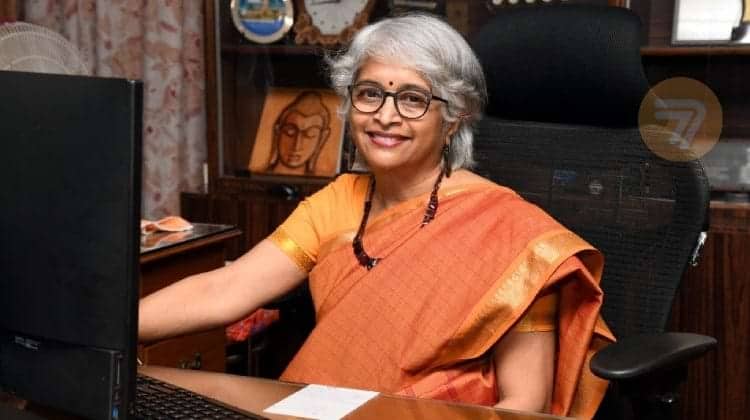
The Development Follows a Number of Regional Awareness Initiatives
The union-level research project by the Department of Consumer Affairs and NIMHANS comes on the backdrop of numerous responsible gaming and digital-age awareness initiatives on the regional level, where states and industries join hands to promote safe and responsible behavior on the internet, including online gaming and gambling.
In November 2023, the government of Karnataka signed a Letter of Intent with Meta. Meta is the owner of the global social network Facebook. They will launch two initiatives to educate 1 lakh teachers and 10 lakh students. These students come from 100 colleges and universities in the Southern State. The goal is to enhance digital safety and AR/VR (Augmented and Virtual Reality) skills by 2025.
Digital Safety
“We are happy to collaborate with the government of Karnataka on digital safety that will enhance the engagement of young users to understand digital best practices and stay safe online,” Facebook Global Public Policy Vice-President Joel Kaplan stated.
“Industry players like Meta can take the lead in training students and teachers for the future and also train people on safe online actions,” Karnataka Chief Minister Siddaramaiah said.
Later, in February of this year, the government of Karnataka announced a collaboration with the All India Game Developers Forum (AIGDF) and NIMHANS to set up online and offline Digital Detox Centers where trained professionals would provide individualized counseling and support.
“Karnataka is a responsible government that wants to create awareness of the ills of the sector and instead bring in an environment of responsible gaming,” the State Minister for Rural Development and ITBT Priyank Kharge stated.
“Mental health challenges, diminishing attention spans, and strained real-world connections are consequences of our dependence on digital technologies. In this hyper-connected age, technology has intricately integrated itself into the tapestry of everyone’s lives, and being constantly attached to screens has become the norm,” the Minister added.
“This initiative aims to foster an environment where technology is used meaningfully and constructively, with a focus on mitigating its negative impacts,” he concluded.
Maharashtra Works In Parallel with Karnataka for Safe Gaming
Around the same time in February. Maharashtra’s Commissionerate of Health Services signed a Memorandum of Understanding. It was signed with the E-Gaming Federation of India (EGF). Which aims to foster a safe online gaming environment. This, by promoting and raising awareness about responsible gaming practices.
“The collaborative effort between the Maharashtra government and EGF represents a crucial stride in combating the risks linked to irresponsible gaming. Our foremost objective is to advocate for responsible behaviour, raising awareness and offering support services like counselling to aid individuals, prioritizing the well-being of our citizens,” Health Services Commissioner Dheeraj Kumar said while announcing the Memorandum.
“We are proud to be a part of this important campaign with Maharashtra government. The campaign exemplifies our commitment to encouraging a healthy gaming environment for all,” EGF CEO Anuraag Saxena stated.
“EGF has always emphasized the importance of enabling responsible gaming. This campaign is a crucial step.” he stressed.
Maharashtra and Karnataka are among the major online gambling and betting markets in India. Something our research paper based on proprietary industry data has revealed.
Maharashtra is the biggest, driven by Mumbai’s particular strive for slots. Maharashtra is housing 17.4% of the country’s online casino players. Also 9.7% of the sports bettors. This, while being home to a bit more than 8% of the country’s population. Karnataka is the second strongest sports betting market after Telangana. Supplying 17% of the customers and 9.3% of the online casino players nationwide. With a special local preference towards Andar Bahar, Teen Patti. And other desi table games.
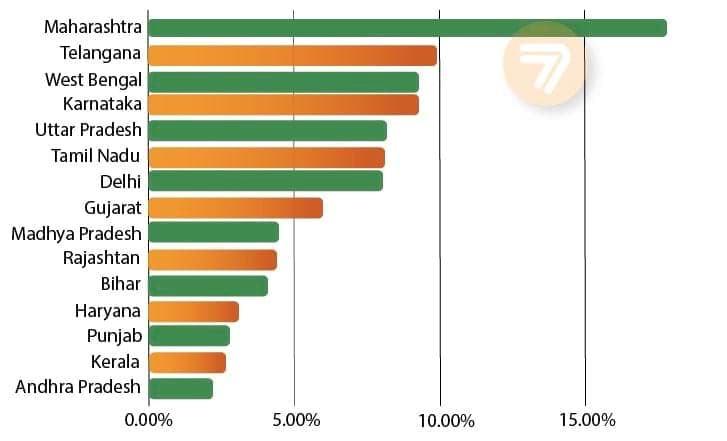
New Advisory against Online Gambling Ads, This Time by the CCPA
A new advisory backed up the Central Government’s battle against the proliferation of advertising. This advertising runs along numerous channels. It advertises illegal activities such as gambling and betting.
The document, which was issued on March 6th by the Central Consumer Protection Authority (CCPA). CCPA is a regulatory unit under the Department of Consumer Affairs. The document specifically targets celebrities, influencers, and social media platforms.
“It has come to our attention that betting platforms are employing celebrities and influencers to endorse and promote their betting activities. Consequently, endorsement by celebrities gives an impression that indulging in such activity is acceptable,” CA Secretary Rohit Singh, also Chief Commissioner of CCPA, communicated through the advisory.
As per Redseer data, around 4 million influencers make a living around Indian digital space. And some 11,8 crore desi consumers have purchased products or services inspired by influencers. Spending by online betting platforms on TV and digital marketing reaches ₹3,500 crore per year.
The CCPA document follows up on a previous series of advisories by the Ministry of Information and Broadcasting (MIB). The document is aimed at electronic, and digital media, including TV channels and OTT platforms. It asks to refrain from publishing betting and gambling ads.
The UK Introduces Stake Limits, Special Protection for the Young
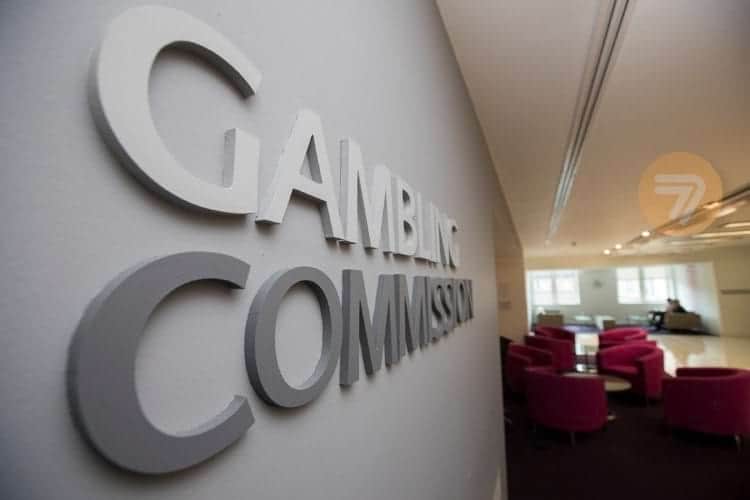
The first Indian National Responsible Gaming Policies
While India is developing its first national responsible gaming policies based on scientific research. The UK government is enhancing its system of consumer protection measures. Now they will include stake limits for playing online slots.
Starting from September 2024, adults aged 25 or more will be able to bet up to £5 (≈ ₹530). This is to match the stake limit that already exists in UK land-based casinos. While youngsters aged between 18 and 24 will be limited to stakes not exceeding £2 (≈ ₹212). This is per a single spin of the reels.
“Although millions of people gamble safely every single day, the evidence shows that there is a significantly higher problem gambling rate for online slot games,” UK Gambling Minister Stuart Andrew stated. “We also know that young adults can be more vulnerable when it comes to gambling related harms, which is why we committed to addressing both of these issues in our white paper.”
The Growing Popularity of Online Gambling
“The growing popularity of online gambling is clear to see. So this announcement will level the playing field with the land-based sector. And is the next step in a host of measures being introduced this year. These measures will protect people from gambling harms.” The Minister added.
“We welcome the Government’s announcement to introduce lower online stake limits for under 25s as an important mechanism to protect young people. Our research shows a concerning trend with this age group experiencing an increase in harm arising from gambling and online slots are very high-risk products,” GambleAware CEO Zoë Osmond commented.
“As we continue our work to tackle this growing public health issue. We will collaborate with the government and others across the gambling harms sector. To ensure there are no missed opportunities when it comes to the introduction of robust preventative measures. Including new regulations such as these.” She said.
Other proposed measures by the UK’s White Paper include the introduction of a special tax. This tax is aimed at funding responsible gambling research. As well as prevention and treatment measures. And financial risk checks. These checks are meant to prevent disastrous and life-changing losses while gambling.


